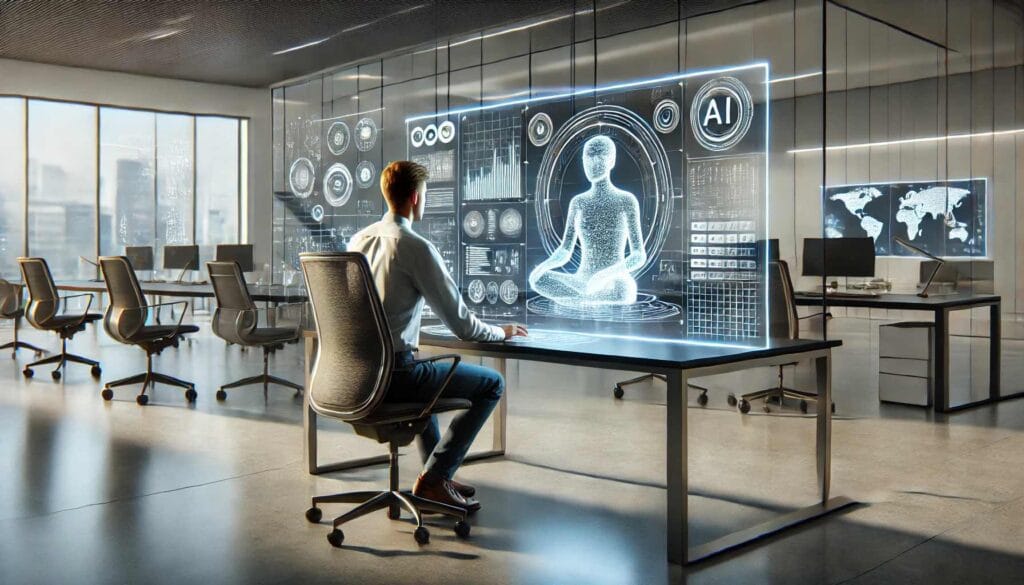The Impact of AI on Global Unemployment: Opportunity or Threat?

With the rise of artificial intelligence, the workforce landscape is evolving at an unprecedented pace. While some fear that AI will lead to a spike in global unemployment, others argue it could catalyze new opportunities, transforming traditional job roles rather than eliminating them outright.
The concerns over job displacement are not without merit. Many routine, manual, and even some cognitive tasks that once required human effort are now increasingly automated. Industries like manufacturing, customer service, and even areas of healthcare are witnessing this transformation. As AI systems become more capable, they can perform tasks faster, more efficiently, and without fatigue, placing certain job roles at risk. This rapid shift has left many workers questioning their future employability and economic stability.
However, the narrative is more complex. History shows that technological advances often lead to a transition rather than complete obsolescence of human labor. Just as the Industrial Revolution replaced certain jobs but led to new ones, the AI revolution could give rise to roles we haven’t yet imagined. Emerging industries, such as AI ethics, data science, and machine learning engineering, already demonstrate new career paths that didn’t exist a decade ago.
Furthermore, AI can enhance human productivity rather than replace it. By taking over repetitive tasks, AI can free up human workers to focus on more complex, creative, and interpersonal aspects of their jobs, potentially increasing job satisfaction and work-life balance. For example, in healthcare, AI can handle administrative work, allowing doctors more time with patients. In education, AI tools can personalize learning experiences, enabling teachers to better cater to individual student needs.
In the face of these changes, adapting through reskilling and education is essential. Governments, organizations, and individuals must invest in learning programs that equip workers with the skills needed to thrive in an AI-integrated world. As a society, we must consider how to ensure fair access to these resources and develop policies that protect workers while embracing technological progress.
The future of work in the AI era will depend largely on how we navigate this transition. Rather than fearing AI as a harbinger of mass unemployment, we can choose to see it as a catalyst for creating a more dynamic, fulfilling, and innovative workforce. The question isn’t whether AI will impact jobs, but rather how we can adapt to this new reality in a way that benefits society as a whole.
Source : Medium.com




